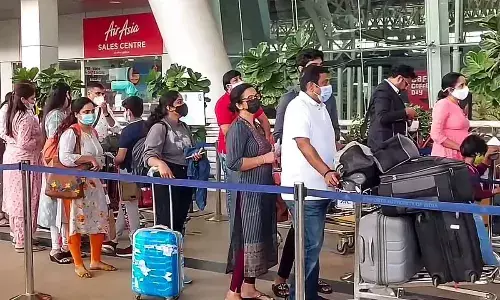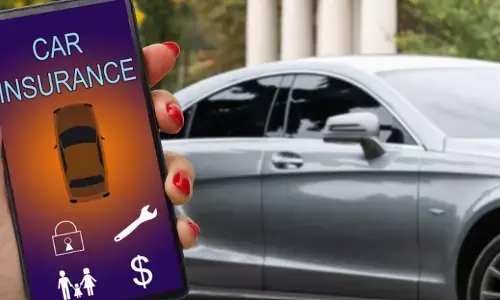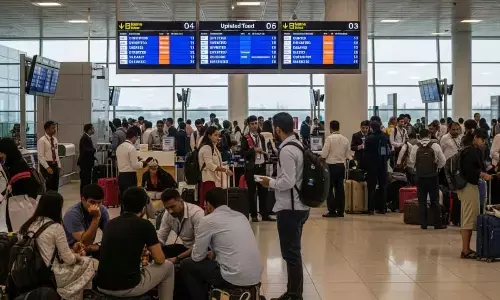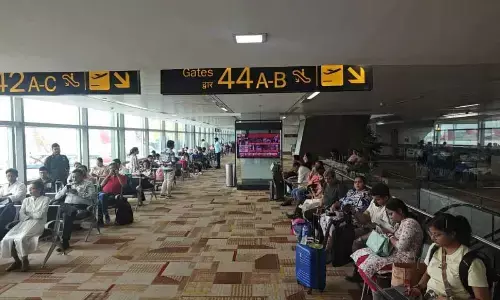ONOE Keeps Poll-Bound States On The Edge
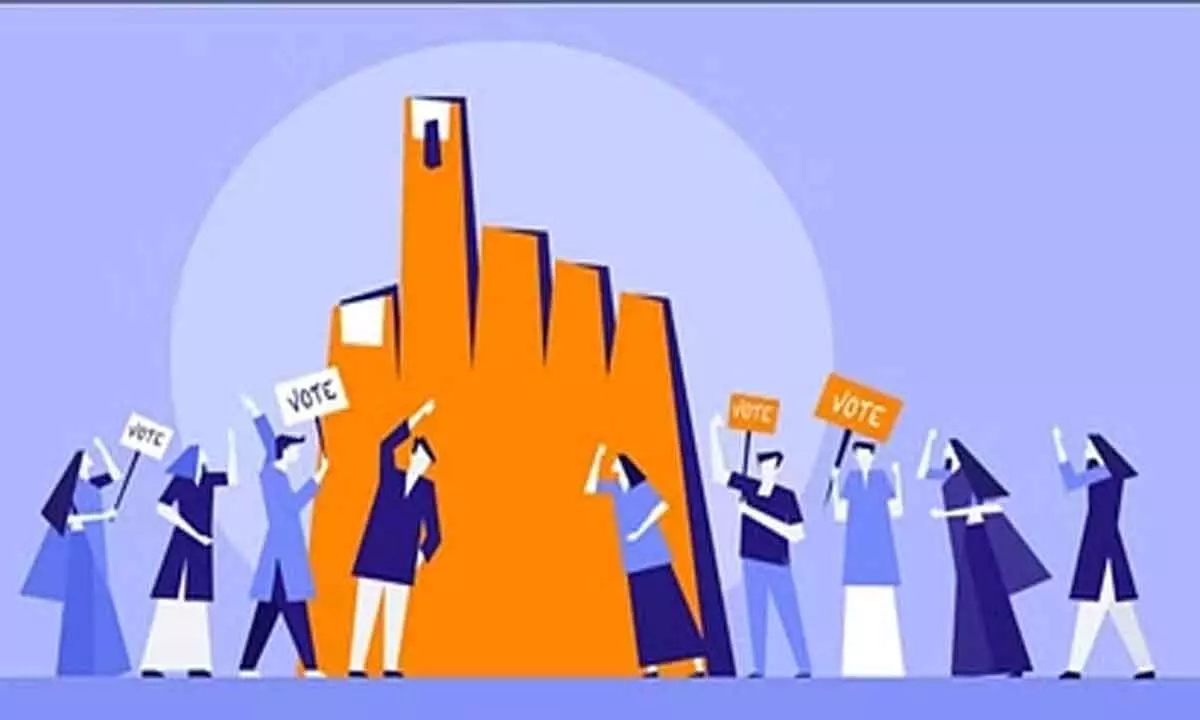
The fear of possibility of partial one nation one election (ONOE) has pushed the political parties in poll-bound states like Telangana, Madhya Pradesh, Chhattisgarh, Mizoram and even Andhra Pradesh into a tizzy. No one is ready to believe the union ministers or national BJP leaders who claim that there would be no ONOE and they feel that their earlier strategies would go haywire.
This move could adversely affect the G 28 called I.N.D.I.A as arriving at a consensus on seat sharing both for assembly and Lok Sabha would become a near impossible task. On the other hand, for parties like BRS which has been nursing the ambition of winning power for third consecutive term in Telangana and foray into national politics after the Assembly elections, a situation may arise where it may not be in power by the time polls are held.
The centre will have to impose presidents’ rule in all the poll-bound states. The life of Telangana Assembly ends on January 14, 2024. Similarly, Andhra Pradesh assembly elections which are due in June may be preponed. Hence to bring uniformity, the centre may impose president’s rule in all these states.
In case of Telangana, the ruling party with a view to take lead over others in campaign announced mega list of 115 candidates in one go while the two other parties the Congress and BJP are yet to finalise the list. BRS had given a go-ahead to all candidates into the field and make the achievements of nine years of BRS government as its main agenda. But now if the centre pushes its ONOE concept, then national issues may overshadow the regional issues. Intellectuals and regional party heads feel that the present system would be more beneficial in a democracy as it allows voters to have greater choice. The underlying issues of national and state polls are different and if ONOE is implemented the regional interests and issues would be overshadowed by national issues.
According to a study conducted in 2015 by the IDFC Institute, “a 77% chance that the winning political party or alliance will win both the Lok Sabha and Assembly elections in that state when held simultaneously”. - undermining the distinctive demand and needs of each state. This is another cause of worry for regional parties. As of now all surveys and reports indicate that the BJP-led NDA is ahead of others as far as Lok Sabha elections are concerned. If one goes by the IDFC study, the regional parties like BRS and YSRCP may suffer a serious setback. Though BJP cannot come to power states like Telangana or Andhra Pradesh, the present ruling parties may drastically lose the seats in Assembly polls.
One advantage of ONOE could be that it can reduce the menace of bogus votes. Election Commission of India on Tuesday found that there were 24 lakh bogus votes registered with one single address. Of course, the EC would have to invest a considerable amount of money initially to put in place the necessary infrastructure. It will also make it easier for the citizens as they would not have to worry about their names missing from electoral rolls once they are enlisted.
If ONOE is implemented, the same electoral rolls can be used for all the elections. This would save a tremendous amount of the time and money spent in updating electoral rolls. It could end horse-trading.
But at the same time, it also involves massive redeployment, involving huge costs. It also diverts key law enforcement personnel from their critical functions. One has to wait and watch the emerging political scenario which may become clear once the brief Parliament session is held next week.


